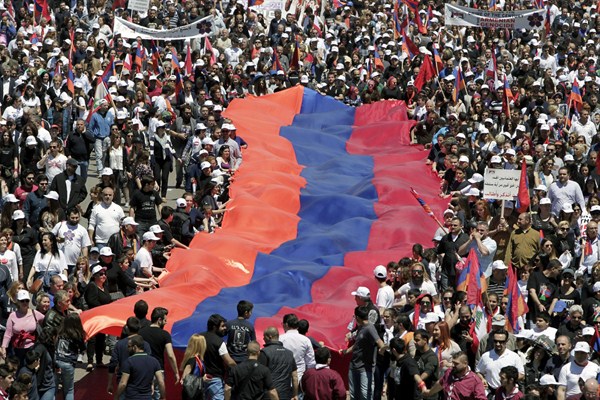By a fortuitous coincidence I found myself in Japan the week of the 70th anniversary of the bombings of Hiroshima and Nagasaki, which preceded the Japanese surrender in World War II. A special panel advising the prime minister, Shinzo Abe, was divided over the wording of the government’s official statement, which is issued on major anniversaries of the war’s end. Should the words “aggression” and “apology” be used, or was “remorse”—the oft-employed substitute for a stronger expression—enough?
Abe’s refusal to apologize for Japan’s colonial past, including its treatment of Koreans and other wartime atrocities, has divided Japanese political elites and society more generally. The panel’s report, which was aimed primarily at this domestic Japanese audience, was delayed by the difficulty of producing a politically sensitive, if sanitized, version in English for an international audience, particularly in China and Korea. Most troubling to this year’s panel were the words, “Japan’s colonial rule and aggression during the war,” a phrase that had been included in the declarations accompanying the two previous decennial anniversaries.
The war and its effects can still be felt in Japan, as the anniversaries demonstrated. Rather than fading, memory and history revive old pains that new generations nurture and aggravate. There appears to be no dustbin of history; historical memory has a life of its own.

